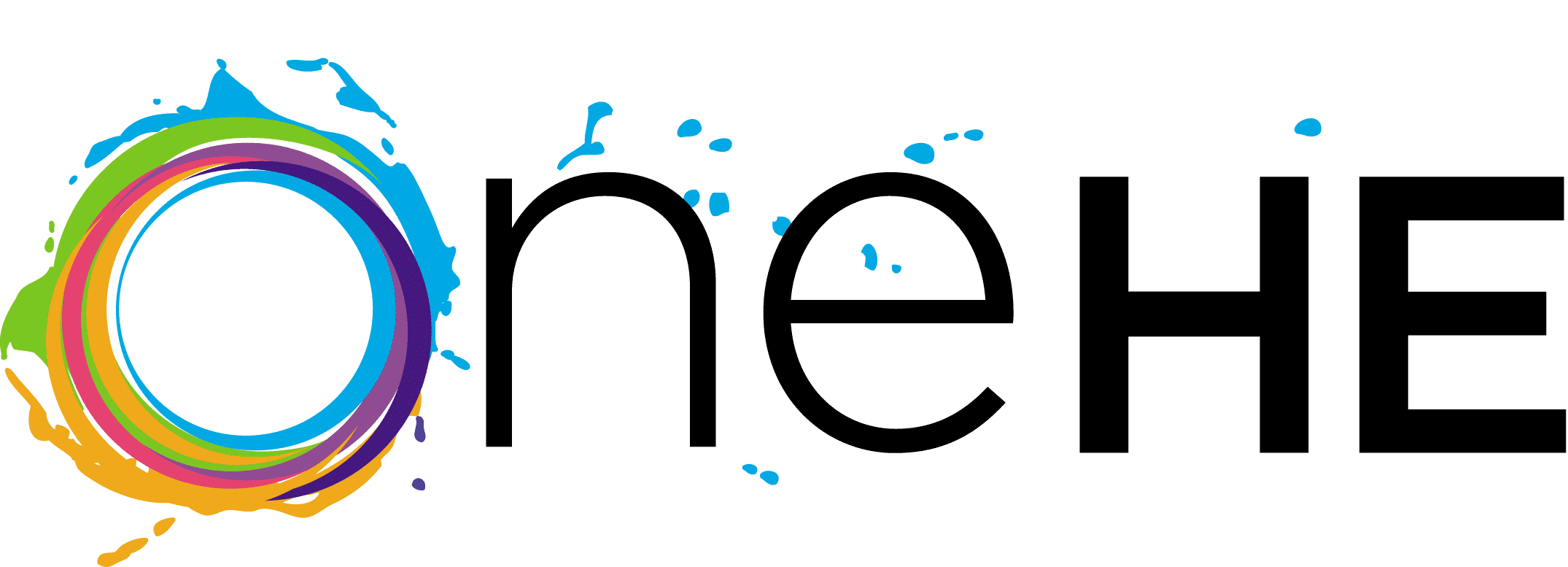What are the challenges of implementing First Year Experience programmes?
One significant challenge is in how to create programming that meets the needs of each student despite the astounding range of needs with which students present. For example, students might have different levels of academic preparation, understanding of college culture, self-knowledge, or the ability to self-manage. There are an equally wide range of institutional approaches, for example, levels of institutional commitment to facilitating effective transition, unique approaches of different instructors, the amount of time available and buy-in from different offices.
Another challenge is making the course engaging for students. Some students may find the course simple and unnecessary, and their disengagement may prevent them from benefiting from the course’s other features such as opportunities to connect with institutional resources. Other students, especially first-generation and underserved, may arrive with little to no understanding of college culture and/or impostor syndrome, causing them to be hesitant to engage.
A third challenge is in the design of programmes. It can be hard to find or develop course material that generates student interest, fosters student agency without judgment, and builds self-knowledge and accountability with activities that have students ruminate and process their own thoughts, experiences, and challenges.
But overcoming these challenges creates enormous opportunities for staff and students.
A First Year Experience or Student Success programme provides a bridge or gateway to fulfilment in two significant ways: for the student in terms of engagement and learning and self-knowledge, and for the educator and institution in terms of retaining and engaging students. Students who know how to navigate college culture and resources, make deep connections with staff and peers, and develop an understanding of themselves as learners have a better student experience and create a better learning environment for themselves and those with whom they interact.
These programmes also enable the development of transferable skills that have become essential for college/university, career, and life success, for example social and emotional intelligence, professional skills, flexibility and resilience, problem solving, and communication. These skills serve students throughout and beyond their higher education experience.
DISCUSSION
What are some the challenges that students at your institution face in adjusting to higher education? Based on those challenges, what help would they need, or what help do they receive, from a First Year Experience programme?
Please share your thoughts and questions in the comments section below.


Discussions
Please share your thoughts and questions in the comments section below.